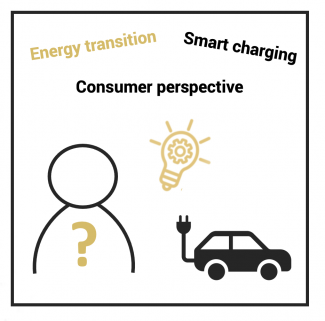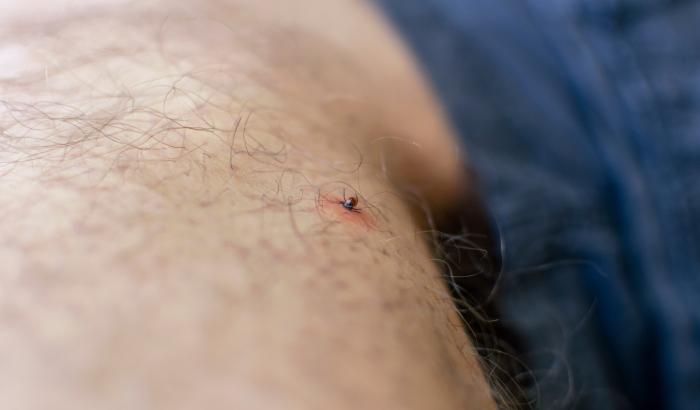Etude terminée

Electric vehicles have the potential to make a significant contribution to the energy transition and thus, to a more sustainable society. However, if they are mostly charged at the same time, in the evening after rush hour, this puts a strain on the electricity grid. Smart charging can help to distribute the load e.g., over the night. However, the user must accept smart charging and integrate it into everyday life.
Question of the study
We are investigating how electric vehicle users can be motivated to use smart charging and how certain incentives are perceived.
Take part, support the energy transition, and win one of 5 Amazon vouchers (1* 100€, 1* 40€, 3* 20€):
- in English: http://ulsurvey.uni.lu/index.php/358883?lang=en
- in German: http://ulsurvey.uni.lu/index.php/358883?lang=de
What is already known
In related areas such as increasing energy efficiency, studies show that certain incentives lead to behavioural change. In the area of smart charging, initial studies show the same effect for certain incentives.
What the study looks at
The study investigates how certain incentives are perceived by (potential) smart charging users and how this affects their willingness to provide their vehicles for smart charging.
What the study participant must do
We ask you to complete an online survey. All participation is voluntary and anonymous.
Who does this study serve?
The study aims to progress in the domain of information systems research. More specifically, it studies how incentives can be used to make smart charging more effective. Next to research, also a Luxembourgish energy supplier will benefit from the results. The aim is to use the findings of this study for the development of a smart charging app for Luxembourg.
Until when are participants accepted?
You can fill in the survey until 24 April.
Study leader and contact
The study is being conducted by scientists at the University of Luxembourg (FINATRAX research unit) under the direction of Prof. Gilbert Fridgen. If you have any questions, please contact Hanna Marxen hanna.marxen@uni.lu.
science.lu takes no responsibility for the content of this article and the scientific study. If you have any questions, please contact the study leader.



